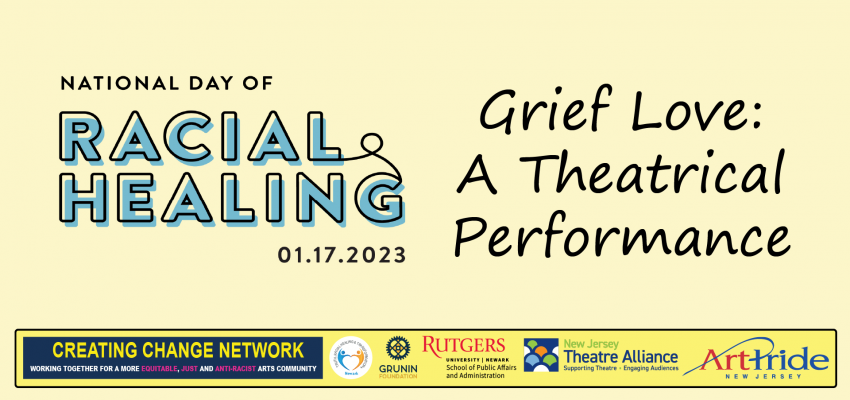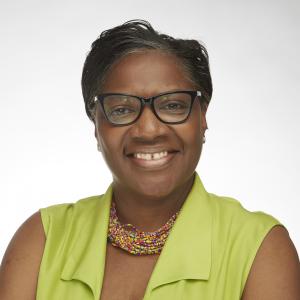It was Wednesday, November 23, 2016, a windy and sunny day before Thanksgiving. As my father’s oldest daughter of three, I thought it was my responsibility to be the strong one as he passed away from pancreatic cancer. For 6 months after the initial diagnosis, I was at every doctor appointment, chemotherapy session, hospital visit, and reluctantly his last week at home in hospice. I thought I was holding it together until the casket descended into the ground and I felt a rush leave my body and enter the ground with him. My knees buckled and I had to be assisted to the car. It has been six years and I have not revisited that experience in such detail until recently, on Saturday, Jan. 21, 2023.
As the Director of the Truth, Racial Healing and Transformation Center at Rutgers University – Newark, it has been my responsibility for the past 5 years to create collaborative, transformative, and healing programming designed to address institutional and structural racism from a shared humanity perspective. The TRHT Center at RU-N is one of seventy-one centers located on a college or university campus across the nation selected by the American Association of Colleges and Universities to serve as host locations. Each location is charged with designing and implementing visionary action plans with the shared goal of erasing barriers to equal treatment. To achieve this goal, individuals of diverse backgrounds are to define what “equal treatment” means to them.
One of the many activities that the TRHT Center at RU-N helps to produce each year is a National Day of Racial Healing campaign for New Jersey. The NDORH originated in 2017 under the W.K. Kellogg Foundation’s Truth, Racial Healing and Transformation efforts, which serve as a community and national-based process to determine and bring about transformational and sustainable change in addition to talking about the historical and contemporary effects of racism in the U.S.
The theme for each year is designed to create interactive workshops, panels, and arts programming to engage the audience in their humanity with racial healing and relationship-building activities. The themes have been My Racial Healing Looks Like (2018); Newark is My Home (2019); Freedom Dreams: Envisioning an Inclusive Future (2020); and Healing in Action: Impact and Integration (2021).
The theme for 2022 was Redefining and Rebuilding Community. How do we redefine and rebuild an inclusive community for all despite the ongoing global pandemic, racial reckoning, and divisive political rancor? All have thwarted our sense and perception of community. As individuals in the city of Newark, State of New Jersey, and the country, we have an opportunity to support one another in redefining and rebuilding inclusive and welcoming communities for all.
Jan. 16 – 24, 2023, the Creating Change Network — a collaborative program of NJ Theater Alliance and ArtPride NJ — partnered with the TRHT Center @ RU-N to canvas, support, curate, and promote a lineup of in-person and virtual arts events that included art exhibitions; theater, dance, and music performances; community workshops, and film screenings. This was the 2nd year the Creative Change Network partnered with TRHT Center at RU-N.
In years past, I didn’t have the opportunity to attend any of the events. However, this year, my schedule created space and time to attend a few of them. I witnessed some engaging and diverse artistic performances.
On Jan. 21, I was drawn into a theatrical performance entitled Grief Love, A Theatrical Performanceby Shanaé Burch and Des Bennett. I initially wondered how this topic connected to ‘Redefining and Rebuilding Community.’ They created an environment full of mindfulness techniques, songs, spoken word, and poetry to engage an audience of 32 Zoom participants. Shanaé’s stories and songs created a space where loss is something that everyone experiences. It is the one area where people can agree about equal treatment, equal pain, and equal sorrow whether it’s the loss of love, the loss of a job, the loss of a grandmother’s hug, the loss of a relationship, or even the loss of grief. When we take the time to recognize that grief is the expression of love for whatever we lost, we can appreciate and respect everyone’s humanity.
What I learned from this beautiful artistry in a Zoom setting was the ability to redefine my grief from my father’s passing. It was because of the abundance of love I had for my father that my grief was so intense. The grief I felt on that windy and sunny November day was so intense that I experienced a physical manifestation of my love releasing his body to the ground. It is Grief Love that I experience now when I share a story or a memory about him and I smile. As human beings still struggling with the daily realities of COVID, isolation, and multiple responsibilities, Grief Love: A Theatrical Performance created a safe space for a community to heal in our own personal Zoom space.









